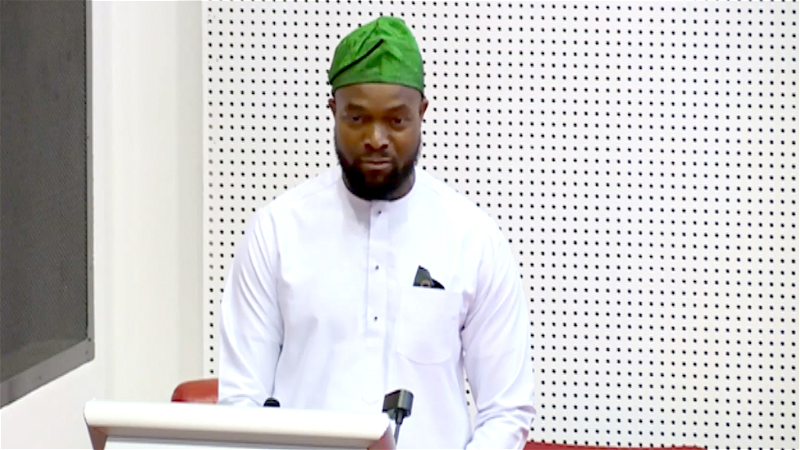Electric vehicle (EV) import taxes should be scrapped, the Democratic Alliance has said in a newly published economic policy document.
The DA document, published late last week, highlights EV adoption as one of its strategic policy interventions aimed at transforming the motoring industry, a sector which the party has identified as critical to turning around South Africa's flat-lining economy.
Publication of the document comes ahead of the 29 May election, at which the DA and its alliance partners in the multi-party coalition are hoping to secure sufficient votes to unseat the incumbent ANC from power. Polling suggests this is unlikely to happen, however.
' READ: V2G: two-way charging may be the next big thing in EVsAccording to the DA document, the EV subsidy is one of a series of policy changes involving measures such as removing all export duties, removing import duties on business tools and "placing a greater policy focus on the retail arm of the automotive sector".
Trade, industry competition minister Ebrahim Patel has resisted making changes to the duties imposed on EVs in South Africa, preferring instead to focus on the manufacture of the vehicles on home soil.
In February, finance minister Enoch Godongwana introduced long-awaited incentives to aid in attracting investment for the local production of EVs. The scheme allows producers of electric and hydrogen vehicles to claim up to 150% of "qualifying investment spending" in the first year. It will, however, only come into effect in 2026.
"The electric vehicles white paper outlines our strategy to transition towards broader new-energy vehicle production and consumption in South Africa, starting with electric vehicles. It aims to transition the automotive industry from primarily producing internal combustion engine vehicles to a dual platform that includes electric vehicles by 2035," said Godongwana in his February budget speech to parliament.
Government has set aside R964-million to support the transition to EVs as a supplement to the incentive scheme, but details of how this allocation will be spent are yet to be disclosed.
Delays in the finalisation of the national EV policy have long frustrated industry players, which could not make long-term investment decisions without any certainty about government's policy direction.
The delays have had a knock-on effect on the economy. Some 110 000 South Africans are employed directly by car manufacturers, which must pivot their production towards new-energy vehicles to keep pace with shifts in global demand. The lag has allowed other African countries, including Egypt and Ethiopia, to overtake South Africa in electric vehicle production. - © 2024 NewsCentral Media
Now ' READ: Budget: new EV policy incentives - too little, too late?









